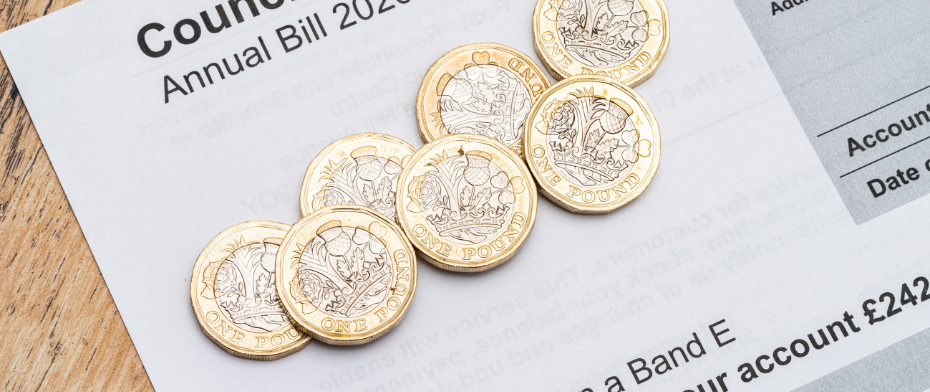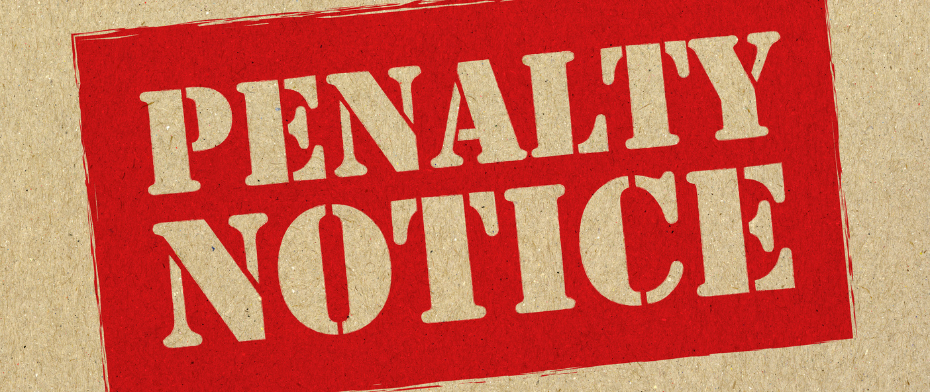A shocking £100 million Council Tax bill for Prince Harry?
- TBA

- Mar 27, 2024
- 4 min read
Updated: May 29, 2025
After the passing of the Queen, Prince Harry’s decision to pay respects to his late mother sparked numerous controversies. Prince Harry, Duke of Sussex, who previously served in the military, was a former member of the British royal family, being the second son of King Charles III and the late Princess Diana.
Originally, the public show of unity had led the public to believe in a possibility of reconciliation, which never materialised. What happened next?
1. Harry and Meghan
Under the scrutiny of global attention, the series documentary ‘Harry and Meghan’ produced by Netflix, aired in December. With the release of the documentary, Harry and Meghan became the focus of global media attention, and consequently, their £11.5 million mansion in the United States was also brought to light.
Believe it or not, their mansion could be subject to £103 million in council tax. How come?
It is understood that after resigning from senior royal duties in 2020 and moving to the United States, Meghan Markle and Prince Harry decided to reside in the California mansion in Montecito. Their house is a 19,000-square-foot Mediterranean-style property with nine bedrooms, thirteen bathrooms, dubbed the ‘castle of the rich’ by locals.
2. Their mansion

Experts suggest that this Tuscan-style mansion is now valued at around £19.4 million. Located 80 miles north of Los Angeles, it features a library, gym, cinema, spa, swimming pool, tennis court, guest house, and a playground for Harry and Meghan’s two children, Archie and eight-month-old Lilibet.
The tax Harry and Meghan need to pay is calculated based on the local property value. The previous owner of this mansion, Sergey Grishin, a Russian businessman, paid £17 million in council tax for this property ten years ago.
The more expensive your property, the higher the amount of tax you pay.
If this were happening in the UK, how much tax would be owed?
3. Council Tax in the UK

Council Tax is the only local tax in the UK, which is equivalent to an annual fee paid to the local council, and is used to fund local services.
Typically, it is paid in ten monthly instalments.
How much tax you pay depends on:
Your personal circumstances
The ‘band’ your home falls into – based on property value
How much funding the council needs for its services
What does Council Tax pay for?
Local services are funded by council taxes, including:
Police and fire departments
Leisure and recreation facilities, such as maintaining parks and sports centres
Libraries and educational services
Waste collection and disposal/recycling
Transportation and road services such as street lighting and cleaning, road maintenance, environmental health, and trading standards enforcement
Administration and record keeping for marriages, deaths, and births, as well as local elections
Note that council tax is not used to pay for healthcare services, which are funded at the national level.
How much is my Council Tax?
Your household’s Council Tax ‘band’ is based on its assessed value—the more expensive the property, the higher the band.
In England and Scotland there are eight bands: A (lowest) to H (highest)
In Wales there are nine bands: 1 (highest) to 9 (lowest)
If your property is in a higher band than it should be, you might be paying more tax than you should. If you believe you’ve overpaid because your property is in the wrong band, you may be entitled to a refund.
How can I save on Council Tax?
If you fall into any of the following categories, you may be eligible for discounts on your council tax:
Low income
A student, or you live with a student
Living alone or the only adult in the household
Receiving employment benefits, such as Jobseeker’s Allowance, Income Support, Pension Credit, Job and Support Allowance, and Universal Credit
Living with someone who has a disability, requiring a larger home
Severe mental illness, or living with a person with a mental illness
Carers in Scotland aged 18-26
You are living in a care home or hospital
In prison (unless you are serving a sentence for non-payment of Council Tax)
What happens if I don’t pay on time?

If you miss a payment, even if it’s just a monthly payment, the consequences can be quite severe. If you don’t act promptly, you may be asked to pay the entire year’s amount upfront.
Therefore, it’s crucial to get in touch with your local council as soon as you suspect that you might have missed a payment. If you don’t deal with your council tax debt, it can quickly become a serious problem.
For example, if your tax is £167 per month but you missed the first payment of the year, you’ll have a possible debt of £1670.
Two weeks after you miss a payment, you’ll receive a reminder from your local council. If you pay within seven days, you don’t need to do anything else. The debt will be cleared, and you’ll be able to continue paying your council tax in instalments.
If you don’t pay within seven days of the reminder, or this is your third missed payment of council tax for the year, the council will send you a final notice.
The final notice will demand that you to pay all the tax for the remainder of the year within seven days.
If you don’t pay within seven days of the final notice, your council will usually apply for permission to recover the debt from you. Your council can then request your employer to deduct the unpaid council tax directly from your wages. They can also apply to deduct money from certain benefits, including:
Employment and Support Allowance
Jobseeker’s Allowance
Pension Credit
Universal Credit
If the deductions cannot be made, your council may send a bailiff (sheriff in Scotland) to your home. You’ll have to pay their fees, as well as your debt, which could add hundreds of pounds to your bill. In severe cases, you may also be subject to criminal prosecution and a prison sentence.
TB Accountants would like to remind everyone that it’s important to stay up to date with your tax liabilities, including Council Tax. Stay tuned to our newsletters for further news and updates!
For individuals and businesses looking for UK taxation services, use our contact form to get in touch for more information.
Get in touch with us at info@tbgroupuk.com or for a free one-to-one consultation.



